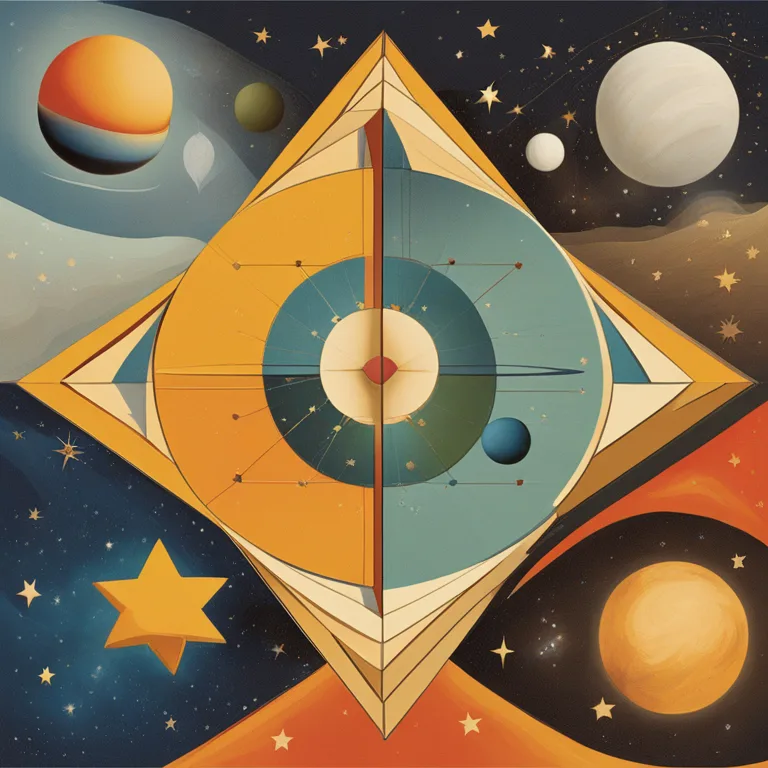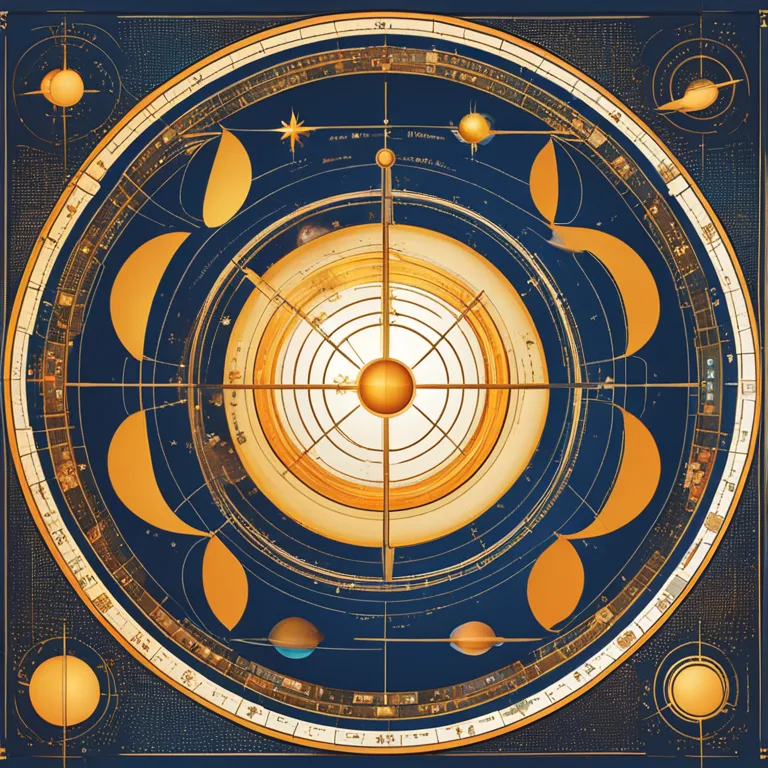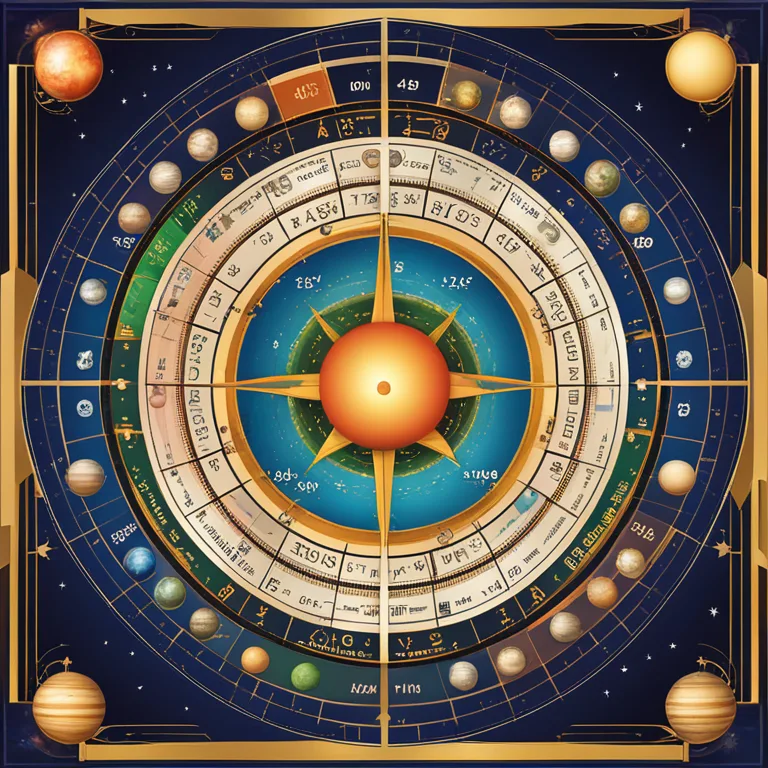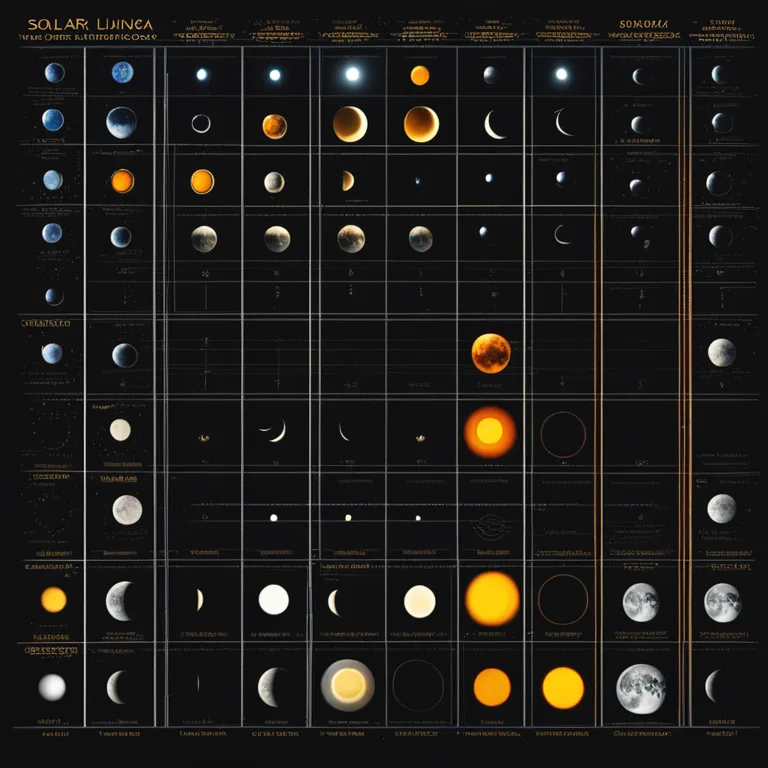
Can Astrology Forecast Childbirth?
The cosmic connection: Astrology's take on forecasting childbirth timings and potentialities in a parental journey.
article by Priya Deshmukh
Astrological Insights into Parenthood
Astrology has long been a guiding light for those seeking understanding about life events, including the profound journey of becoming a parent. The positions of the stars and planets are believed to influence our lives in a myriad of ways. When it comes to childbirth, specific astrological techniques may hint at the most auspicious times for conception and the possible birth period of a child. Despite the science-centric world we live in, astrology still holds sway in the hearts of many hopeful parents-to-be as they look to the skies for signs.

Planetary Positions and Fertility Cycles
Astrologers often examine the positions of celestial bodies to predict fertile periods and potential pregnancy phases. The natal chart, which is a snapshot of the sky at one’s birth time, becomes a vital tool for these predictions. Astrologers, in 2024 and beyond, may consider transiting Jupiter and Saturn, as they are traditionally associated with growth and timing, respectively. The transits of these planets, along with the solar and lunar cycles, are analyzed concerning the natal chart to predict potential childbirth windows.

Transit Analysis for Pregnancy Planning
Specifically, astrologers look at the transit of Jupiter, often associated with blessings and abundance, as it moves through the fertility and children zones of one's astrological chart. The swift-moving planet Mercury may also be considered, as it can indicate timings within a broader Jupiterian period. Planetary transits to the fifth house of the natal chart, which represents children and fertility, or its ruling planet could be seen as favorable times for conception.

Solar and Lunar Linkages
Another technique involves the solar return chart, which is cast each year on one's birthday, reflecting potential life themes for the year ahead. Astrologers might study this chart alongside the lunar cycles, particularly the New Moon and Full Moon phases, to determine promising times for conception. The lunar cycle, in astrology, is intimately connected with feminine energy and conception. Monthly lunar returns to one’s natal moon position is yet another predictor used in forecasting fertility cycles.

The Natal Promise and Progressions
The natal chart itself may also have indications called the 'natal promise'— configurations that suggest the potential for children and the intricacies of one’s parenthood journey. Secondary progressions, a day-for-a-year advancement of the natal chart, are also carefully evaluated. An astrologer may look to the progressed moon and its aspects to indicate periods ripe for family expansion, with attention paid to significant progressed New Moons or Full Moons.
Modern Considerations and Ethical Astrology
While astrology offers fascinating angles and hope, it's crucial to embrace it as a potential guidance tool rather than an absolute system. As we advance further into the future, the conversation around ethical astrology grows louder, reminding practitioners and clients alike to use astrological insights with care and not as definitive statements on fertility and childbirth. Every individual's path to parenthood is unique and personal decisions should not rely solely on astrological timings.
Published: 12/29/2023
Modified: 12/29/2023
More predictions
Come back here soon to learn more about yourself and your future


Astrology: Tracing Its Linguistic Heritage
Dive into the linguistic origins of astrology, unraveling the etymology and historical context of this ancient practice.


Astrological Symbols and Their Meanings
Delve into the significance of astrology signs symbols and learn how these ancient emblems shape our understanding of the zodiac.


Astrological Sign Compatibility Guide
Discover which star signs align for friendship, love, and understanding in our concise compatibility guide.